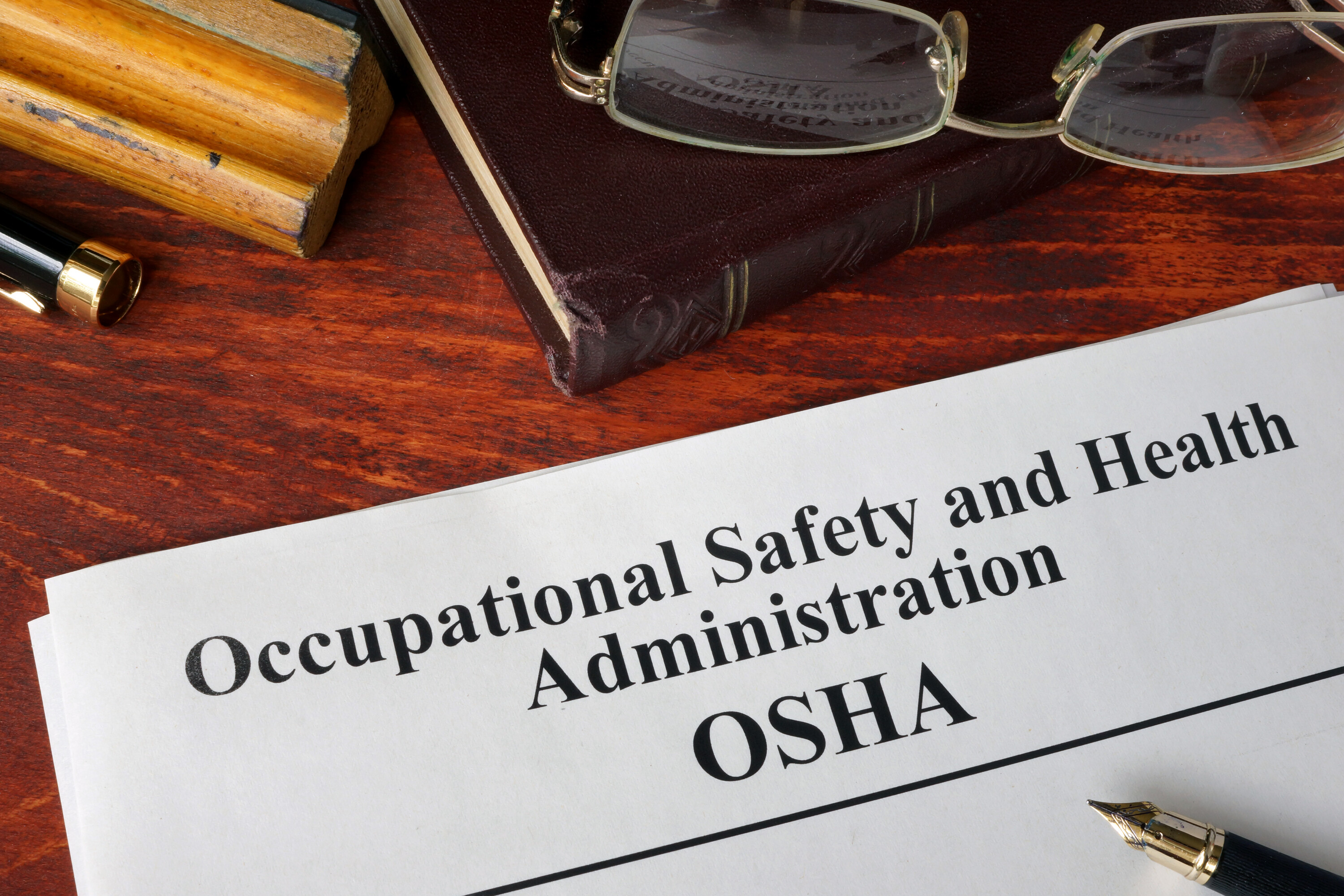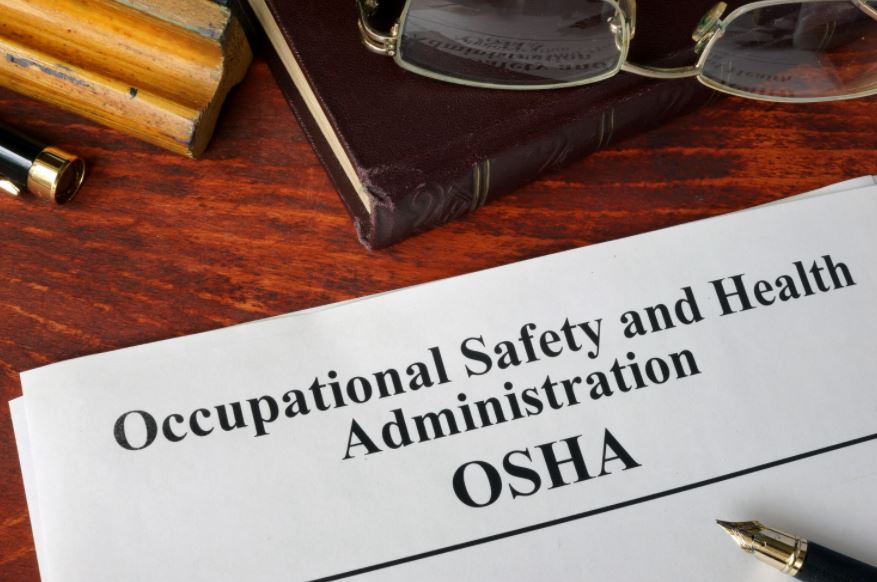DHS Relaxes In-Person I-9 Inspection Requirements
The physical presence requirement of the Employment Eligibility Verification, Form I-9, requires that employers, or an authorized representative, physically examine, in the employee’s physical presence, the unexpired document(s) the employee presents from the Lists of Acceptable Documents to complete the Documents fields in Form I-9’s Section 2.
On March 20, 2020, the Department of Homeland Security announced that effective immediately, the physical presence requirement has been temporarily suspended for employers and workplaces that are operating remotely due to COVID-19 related precautions. In other words, employers with employees taking physical proximity precautions due to COVID-19 (and operating remotely) are not required to review the employee’s identity and employment authorization documents in the employee’s physical presence. On August 18, DHS announced another 30-day extension of this temporary rule. The rule is now set to expire on September 19, 2020.
The USCIS has guidance, including example forms, is available here.
Limitations and Liabilities
- If there are employees physically present at a work location, then in-person verification of identity and employment eligibility documentation for Form I-9 continues to be required. However, if newly hired employees or existing employees are subject to COVID-19 quarantine or lockdown protocols, DHS will evaluate this on a case-by-case basis.
- Employers may designate an authorized representative to act on their behalf to complete Section 2 and may be any person the employer designates to complete and sign Form I-9 on their behalf. However, employers are liable for any violations in connection with the form or the verification process, including any violations in connection with the form or the verification process, including any violations of the employer sanctions laws committed by the person designated to act on the employer’s behalf.
Section 2 Documents Must be Inspected Remotely
Employers must still inspect the Section 2 documents but may do so remotely (for instance, over video link, fax or email). Employers must also obtain, inspect, and retain copies of the documents they inspect, within three business days so as to complete Section 2. Employers are also directed to:
- Enter “COVID-19” as the reason for the physical inspection delay in the additional information field of Section 2 once physical inspection takes place after normal operations resume; and
- Add “documents physically examined,” with the date of inspection to either the additional information field of Section 2 or to section 3 (as appropriate) once the documents have been physically inspected.
Employers may implement remote document inspections until May 19, 2020 (“up to 60 days from the date of the announcement”) or within three business days after the termination of the National Emergency, whichever comes first. Importantly, employers who implement remote onboarding and telework policies must provide documentation for each employee. This burden rests solely with the employers.
In-Person Verification Required after Normal Operations Resume
Once normal operations resume, all employees who were onboarded using remote verification must report to their employer within three business days for in-person verification of identity and employment eligibility documentation they presented for their Form I-9. Once the documents have been physically inspected, the employer should add “documents physically examined” with the date of inspection to the Section 2 additional information field or to section 3, as appropriate.
Any audit of subsequent Forms I-9 would use the “in-person completed date” as a starting date for record retention purposes for these employees only.
Have any questions about this post? Our team of HR Professionals is ready to help you.






Reply a Comment